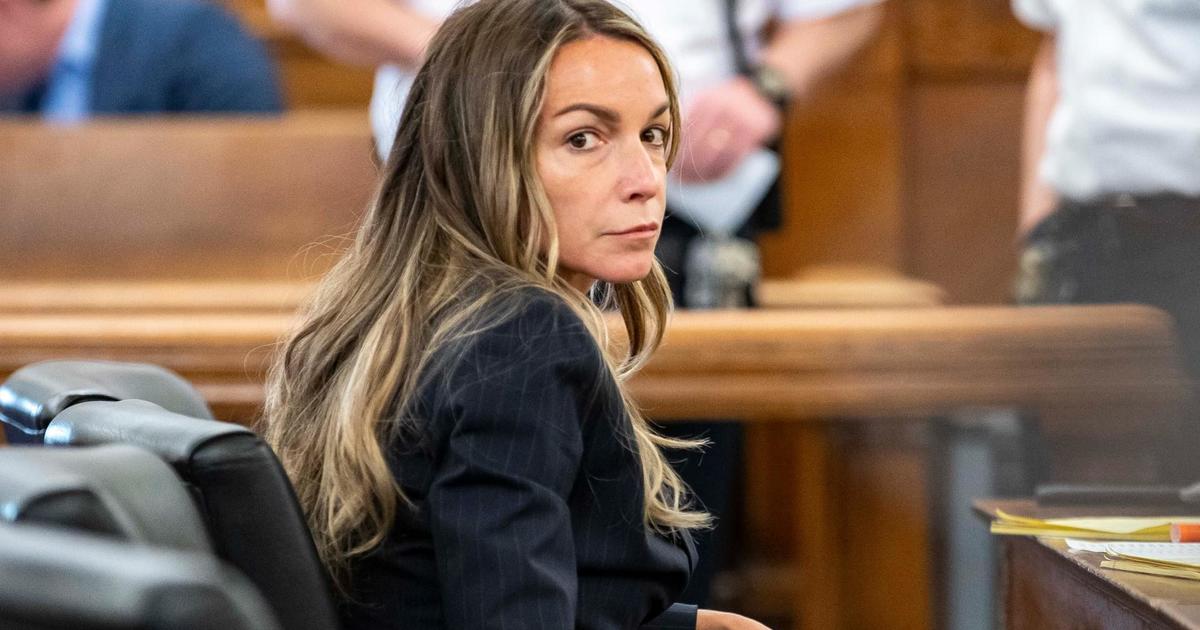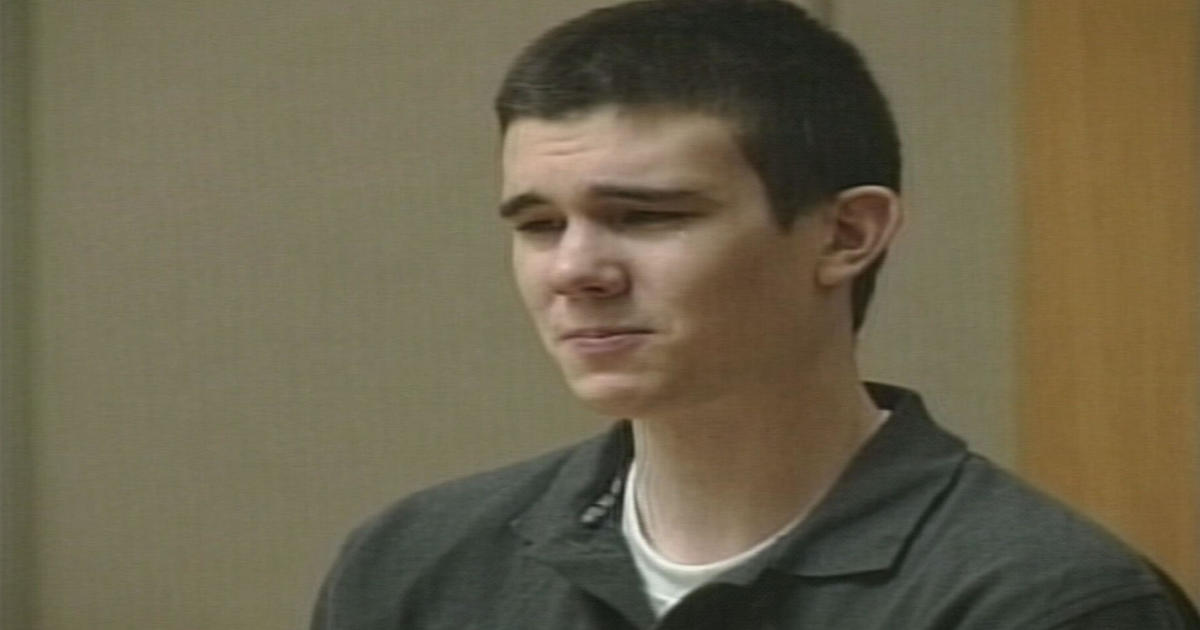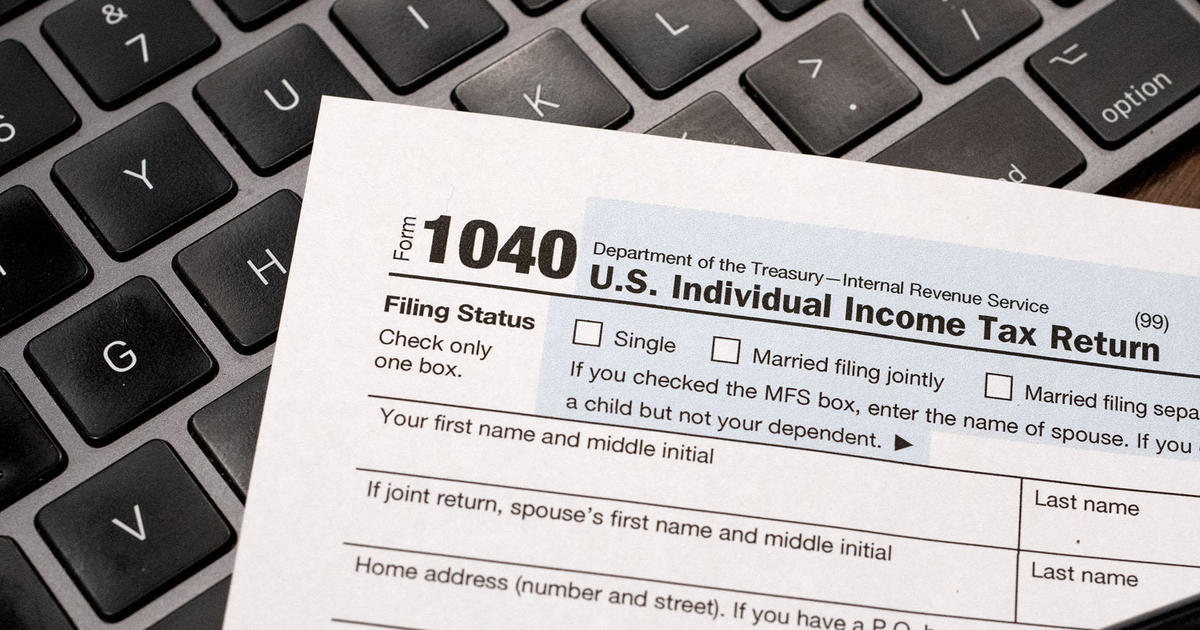Sal DiMasi Appeals Conviction, Sentence
BOSTON (AP) — Federal prosecutors failed to prove that former Massachusetts House Speaker Salvatore DiMasi accepted payments in exchange for official acts and that the eight-year prison sentence a judge imposed was far too harsh, defense lawyers argue in an appeal filed Tuesday.
DiMasi, 67, was convicted in June 2011 of charges including conspiracy, extortion and honest services fraud. He began an eight-year prison sentence in November and was later diagnosed with tongue cancer.
The Boston Democrat, who resigned as speaker before being indicted in January 2009, was accused of using his clout to steer two lucrative state contracts to the software company Cognos in exchange for payments of $65,000 that were funneled through his private law firm.
In the 103-page appeal filed with the 1st U.S. Circuit Court of Appeals, DiMasi's lawyers ask that the convictions be reversed or a new trial ordered. They also argue that regardless of the outcome of the appeal, DiMasi should be resentenced because the eight-year term was "unreasonable" and in effect punished him for the crimes of past Massachusetts politicians.
Previous political corruption in the region historically brought considerably lesser sentences, the appeal states, while also suggesting that U.S. District Court Judge Mark Wolf sought to make an example of DiMasi by imposing the lengthier term.
"All the harsh sentences in the world will not deter conduct state legislators think lawful. Punishing DiMasi for the transgressions of others to serve general deterrence goals is subjectively unreasonable under those circumstances," the appeal argues.
Lawyers also note that Wolf, during sentencing proceedings, referenced the fact that DiMasi was the third consecutive Massachusetts House leader to be convicted of a federal crime.
In asking that the convictions be thrown out, the appeal argues that circumstantial evidence linking payments from Cognos to DiMasi's law partner in exchange for DiMasi's help in landing the state contracts was not enough to prove a "quid quo pro" arrangement — that DiMasi agreed to perform specific, official acts in exchange for the payments.
"The overarching question presented ... is whether an elected part-time legislator can be convicted of honest services fraud as a result of payment(s) provided to him — either directly or indirectly through an unwitting intermediary — without proof of an explicit agreement with the payer to exchange the payment for an official act," the appeal states.
A spokeswoman for the U.S. Attorney's office in Boston, which prosecuted the case, said the office would have no comment on DiMasi's appeal and would respond through later court filings.
The defense also contends that Wolf erred in his jury instructions by failing to explain to jurors that a conviction under the federal Hobbs Act required proof that the payments were made to benefit DiMasi.
Co-defendant Richard McDonough, a Statehouse lobbyist and DiMasi friend, was also convicted at the trial and is serving a seven-year prison sentence. He is also appealing. Another DiMasi associate, businessman Richard Vitale, was acquitted.
Prosecutors alleged Vitale received $600,000 under the scheme and set up a $250,000 line of credit for DiMasi, who prosecutors said had plunged deep into debt after losing income from his law practice after becoming speaker. Prosecutors also said Vitale and DiMasi wanted seed money for a business venture they were planning after the speaker left office.
Joseph Lally, a software salesman, pleaded guilty and was a key prosecution witness at the trial. Lally, who received hefty commissions from the contracts, was later sentenced to 18 months behind bars.
In June, DiMasi's lawyers filed a separate motion with the appeals court alleging that the ex-speaker was denied medical care in prison for months, causing his cancer to spread to his lymph nodes.
Kiley said that before any further testing was done, DiMasi was taken from the federal prison in Lexington, Ky., and brought to Massachusetts to testify before a grand jury investigating patronage in the state court system.
DiMasi was later transferred to a federal prison medical center in Butner, N.C., where it was expected he would receive cancer treatment. The appeals court granted Kiley's motion to delay filing of the appeal until this week due to the circumstances.
Copyright 2012 The Associated Press.



